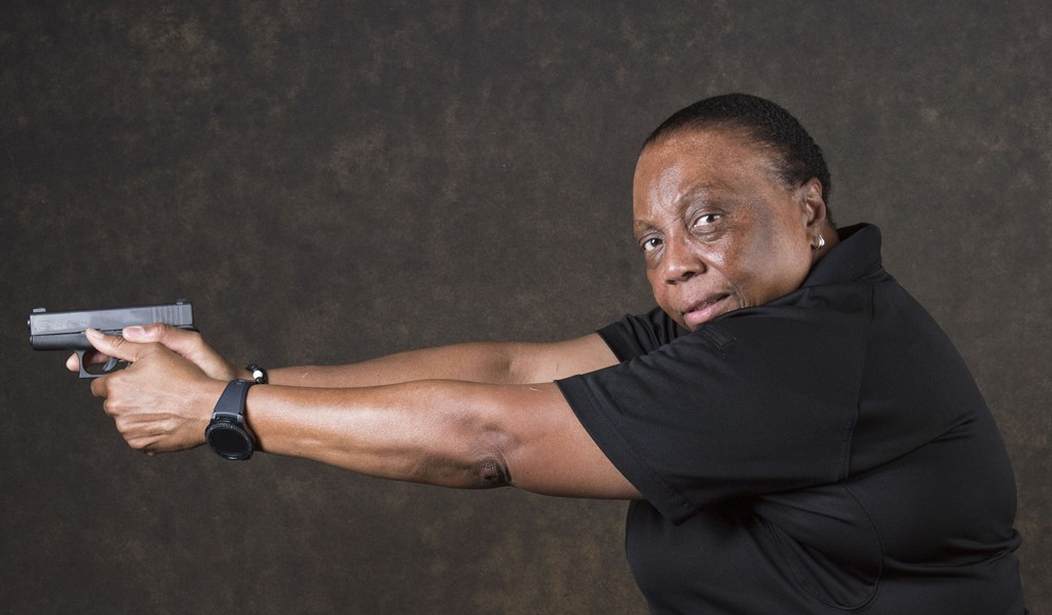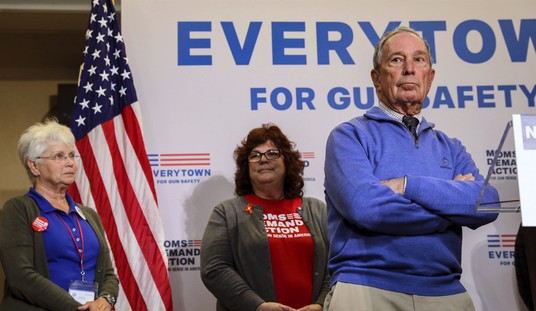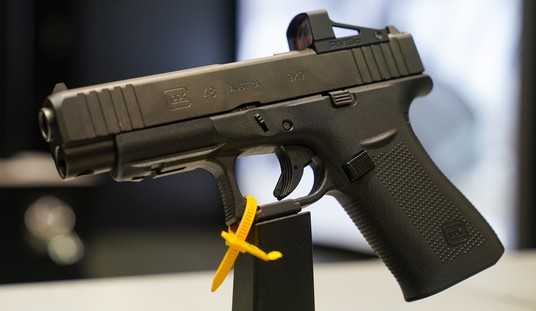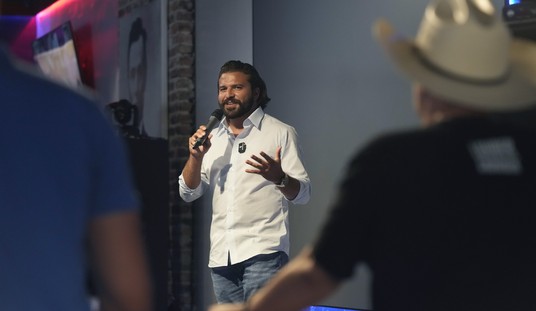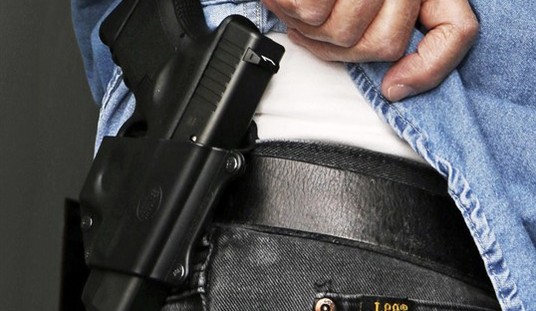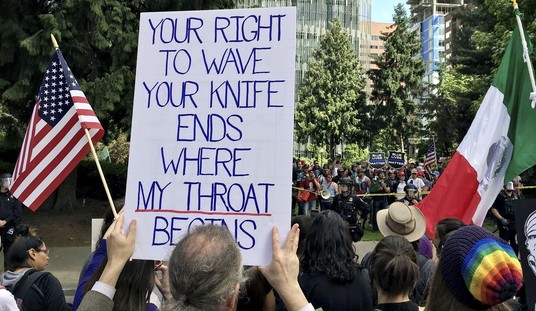February is Black History Month. It’s a time when many people look at the history of black people in this country, including the darkest issue of American history. They talk about slavery and Jim Crow because, frankly, they need to be talked about, to be remembered, so that we can never allow anything of that sort to happen again.
That’s a good thing, in my book. However, one thing being ignored is gun control’s racist history.
An op-ed in the Fayetteville Observer points out how it needs to be part of the conversation.
The first gun control laws in the New World — long before the U.S. was a nation — were established to keep guns out of the hands of Blacks. The first slaves arrived in the Virginia colonies in 1619, and by 1640, specific laws were enacted to keep slaves and free Blacks unarmed. Gun control had an overarching aim, targeting African Americans with surgical precision, whether in North Carolina or nationally.
In 1844, the North Carolina Supreme Court upheld the law banning free Blacks from carrying firearms, and the following year slaves were slapped with a complete gun ban. Of course, the white majority was excluded from such laws.
…
Whether it was Martin Luther King Jr., the Black Panthers, or North Carolina Freedmen, gun laws have always been used to subjugate those who sought to stand up for themselves and demand equal rights. This is because the possession of arms is the linchpin of liberty that separates free men from slaves or serfs throughout history.
“A man’s rights rest in three boxes. The ballot box, jury box and the cartridge box,” declared famed abolitionist Frederick Douglass. Many of the civil rights leaders we celebrate during Black History Month consistently believed that the ability to defend oneself, especially against oppressive governments, is a prerequisite to freedom.
To their credit, the authors also argue that constitutional carry systems actually benefit black gun owners, making them immune to the many laws still on the books designed to keep guns out of black hands.
Gun control is still just as racist as ever.
What they likely didn’t have time to discuss is just how often those same gun control laws impact black men as compared to white men and women. In an era when many laws are labeled racist simply because of a disparity in their impact, why do gun control laws get a pass from that?
Meanwhile, we have books like The Second that try to argue the Second Amendment itself is racist, that it’s meant to empower white mobs and slave hunters. How they can say that in light of the plethora of examples of gun control laws that explicitly call for disarming black men and women is beyond me.
Then again, in this day and age, some folks are so manifestly unable to recognize reality if it goes against their politics. They see what they want to see or what they’ve been told they should see.
As a result, they see everything their ideological opponents do as racist and will find a way to rationalize it.
Or they’re just lying. We must not overlook that possibility.
Regardless, the truth is that if we’re going to talk about Black History Month and the history of black people here in the United States, then part of that discussion–along with segregation, slavery, and other ills this nation has visited upon a minority of its people–should include how laws were crafted specifically to keep black men and women from having the means to defend themselves.
People need to understand the roots of these laws, especially as statues have tumbled down and buildings have been renamed to try and purge the stain of slavery and segregation from our world.
If they want to be serious about that, they need to start off by removing the laws that can still be used to deny a constitutionally protected right to another black man or woman.
Constitutional carry would do that quite well, but it should only be the start. Unfortunately, the very people who pride themselves on being forward-thinking and open to the black experience will oppose such a measure with every fiber of their being.
They want gun control and they don’t really care if it’s racist or not.
Frankly, that should tell you all you need to know about those folks, when you think about it.

